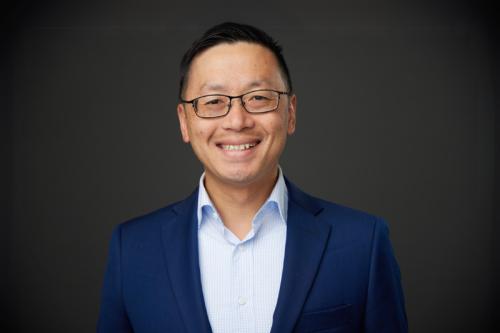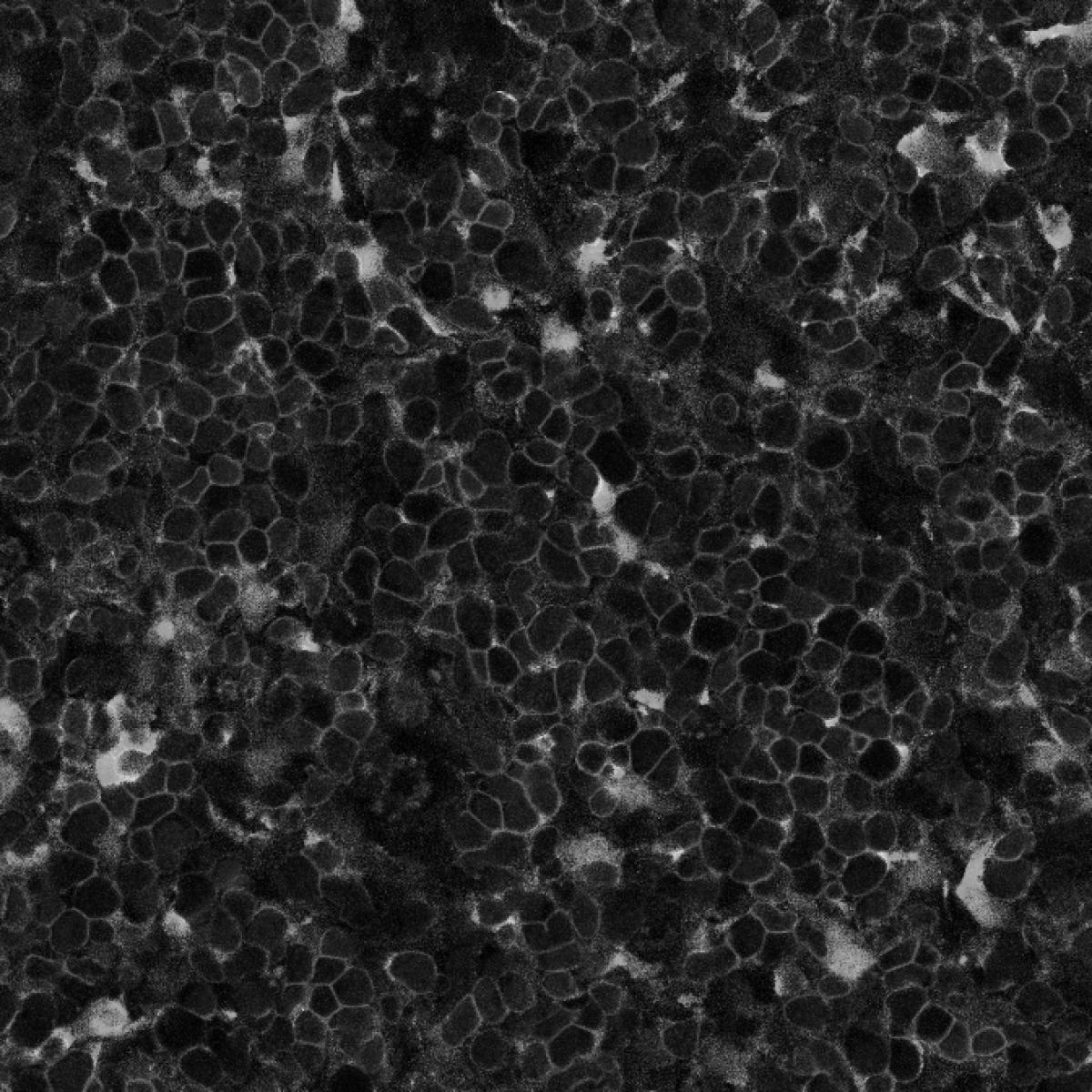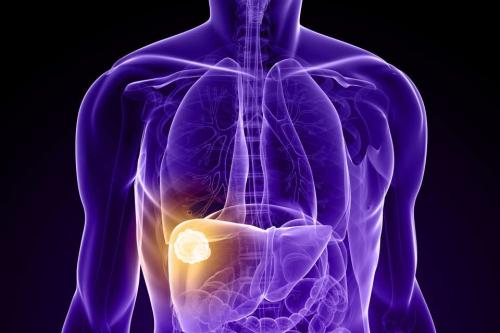
Jason Chiang, M.D., Ph.D.
- Assistant Professor, Radiological Sciences

Jason Chiang, MD., PhD., is an interventional radiologist who specializes in minimally invasive, image-guided cancer therapies. His research uses engineering principles to improve the precision and efficacy of cell-based immunotherapies while minimizing side effects for patients.
Chiang is a physician-scientist who works to optimize image-guided therapies for solid tumors, with a particular focus on hepatocellular carcinoma, or liver cancer. He uses advanced imaging techniques to guide needles and catheters, precisely to tumors or specific blood vessels, allowing for targeted delivery of therapies while sparing healthy tissue. These minimally invasive procedures often allow patients to go home immediately after treatment.
His multi-disciplinary research program combines medical imaging, engineering and immunology to optimize the delivery of energy and immunotherapy to treat cancer. In particular, he is interested in using energy-based treatments to prime the liver tumor microenvironment for targeted immunotherapy.
Chiang also works to develop new therapies for aggressive liver cancers by studying cancer stem cell markers. He investigates the metabolic traits of these cells that make them susceptible to image-guided therapies and identifies specific liver cancer stem cell subtypes for targeting with natural killer cell-based immunotherapies. He also leverages clinically-relevant large animal tumor models to bridge the gap between laboratory findings and treatments for patients, facilitating the translation of new therapies to the clinic.
Research Projects
- Characterizing metabolic features of cancer stem cells Cells that have the ability to differentiate into multiple types of cells and make an unlimited number of copies of themselves. stem cells Cells that have the ability to differentiate into multiple types of cells and make an unlimited number of copies of themselves. that make them susceptible to image-guided therapies
- Identifying specific types of liver cancer stem cells that might be effectively targeted by natural killer cell-based immunotherapies
- Developing large animal cancer models and advanced methods to characterize immune cells
- Using computer modeling to understand how heat-based treatments affect the tumor microenvironment
- Developing methods to track cell-based immunotherapies using special iron nanoparticles for magnetic resonance imaging
-
Medical Board Certification
- Interventional Radiology and Diagnostic Radiology, American Board of Radiology, 2023
Residency
- Interventional Radiology, David Geffen School of Medicine at UCLA, 2022
Internship
- Transitional, Gundersen Lutheran Medical Center, 2017
Degrees
- M.D., University of Wisconsin-Madison, 2016
- Ph.D., Biomedical Engineering, University of Wisconsin-Madison, 2014
-

